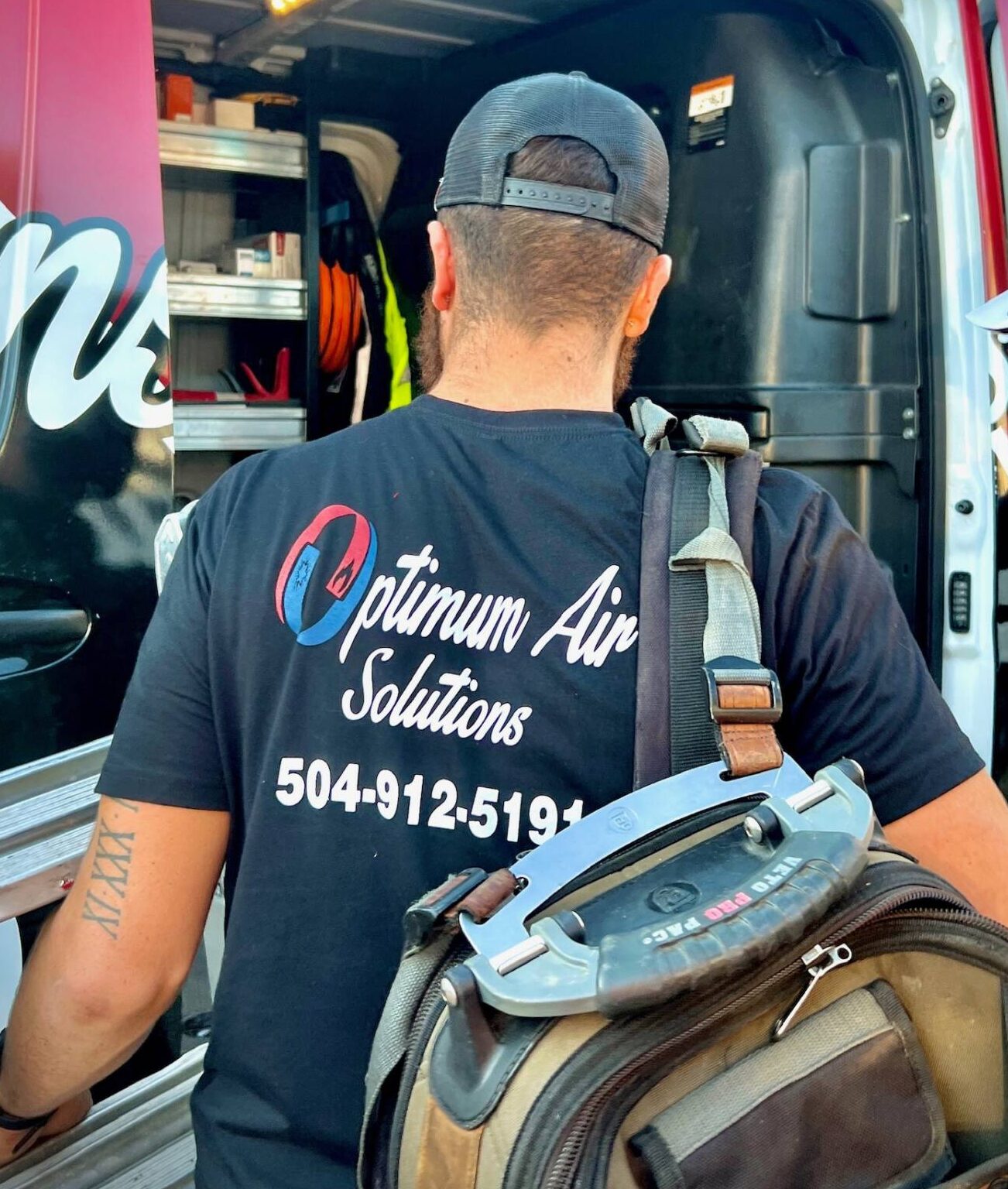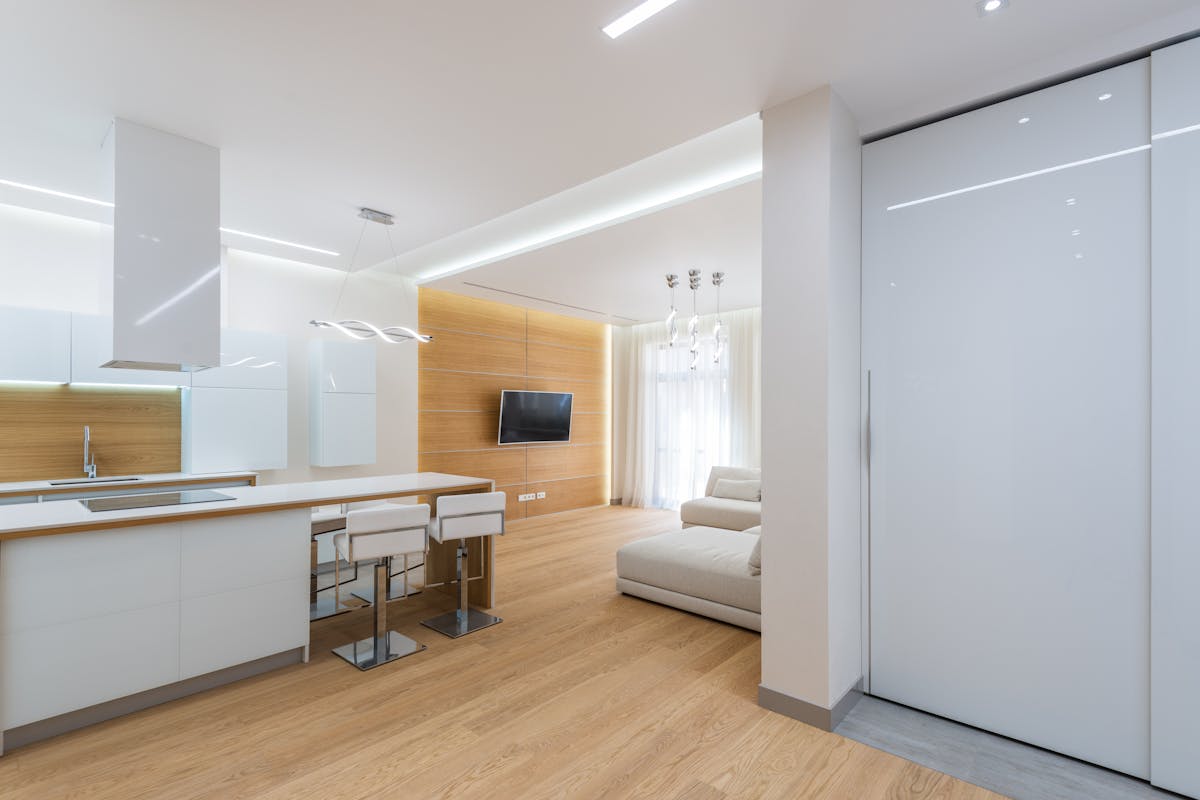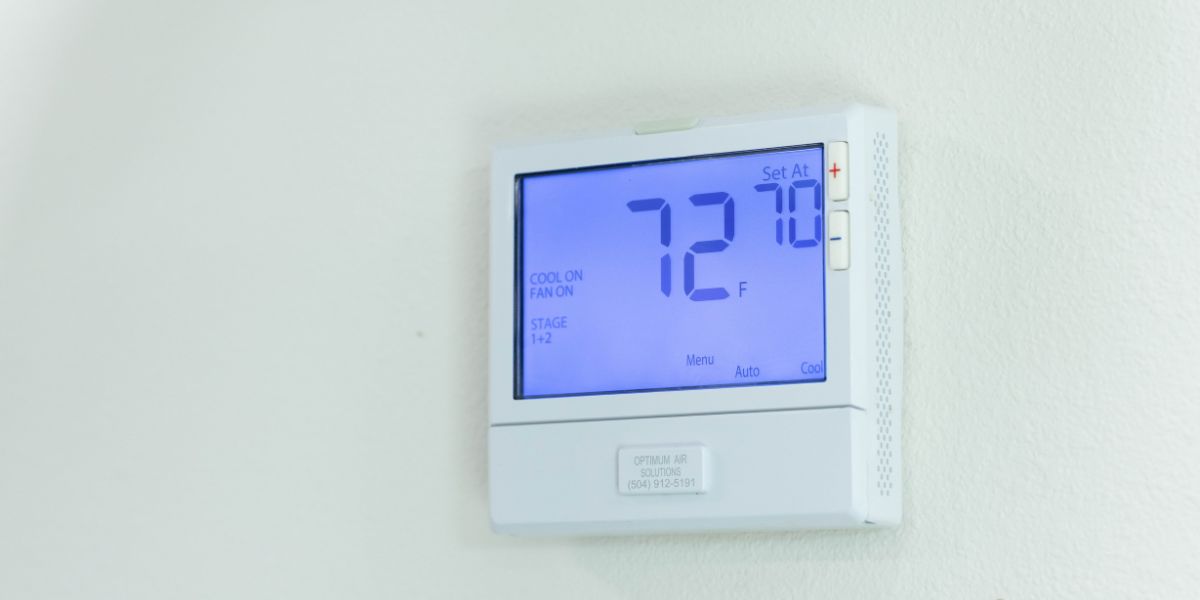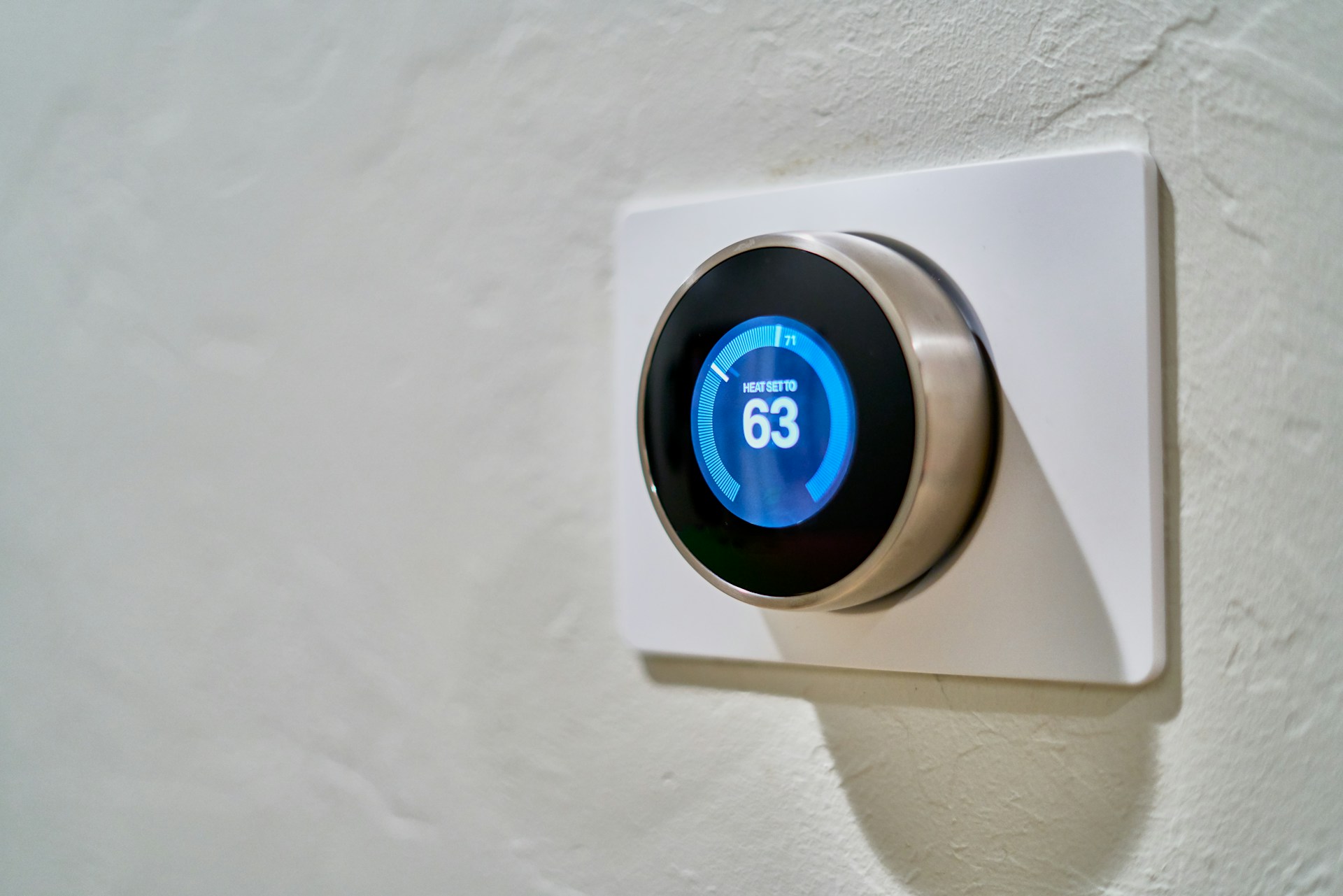
Are you struggling with your home heater just when you need it the most? It’s a common situation that many homeowners face, especially during the winter seasons. In this guide to residential heater fixes, we will explain everything you need to know about your heating at home.
The frustration of dealing with unexpected breakdowns or inefficiencies can turn a cozy evening into a cold and uncomfortable situation.
But there is no need to worry. This article serves as your essential guide to residential heater fixes. First, we will learn how you can troubleshoot a heating system and then we will give you some tips to fix your home heater system.
Let’s begin with our essential guide to residential heater fixes.
- How Do You Diagnose A Heating System?
- Home Heater Not Wording Fixes / Residential Heater Fixes
- · Reset the System
- · Clean or Replace the Air Filters
- · Check and Unblock Vents
- · Bleed Radiators (For Hydronic Systems)
- · Inspect and Clean Ductwork
- · Adjust or Replace Thermostat
- · Lubricate Moving Parts
- · Check the Pilot Light or Ignition System
- · Flush the System (For Boiler Systems)
- · Professional Maintenance
- Looking For a Professional Heating Repair in Belle Chasse?
How Do You Diagnose A Heating System?
Before getting straight to the fixes, it’s essential to first understand the root of the problem with your heating system. Proper heat troubleshooting is key to effective and lasting solutions.
Here’s how you can troubleshoot your heating system in your home.
· Check the Basics
First, make sure your thermostat is set to ‘heat’ and the temperature is higher than the room’s. If the temperature is not set on the higher than room temperature, then there will be no efficiency. After that, check if your heater is plugged in and the circuit breaker is fine. This ensures your heating system is running.
Don’t forget to look at the filters. If they are dirty, they can block air and make your heater work poorly.
· Listen for Unusual Noises
Listen for any strange sounds from your heater. Banging, whistling, or rattling noises can mean something’s not right, like loose parts or problems with the air moving through. Catching these sounds early helps fix things before they get worse.
· Notice Heating Patterns
See if some rooms are colder than others. This can mean there’s a problem with how the heat is spread around your house. It could be because of blocked vents or other issues. Knowing where the cold spots are helps figure out what to fix.
· Examine the Flame (For Gas Heaters)
If your furnace stopped working, check the flame. It should be blue with a little yellow tip. If it’s mostly yellow or orange, this isn’t good and might mean the heater isn’t burning gas properly. This needs quick fixing for safety and better heating.
· Check the Ventilation
Make sure all your vents are open and nothing’s blocking them, like furniture or curtains. Blocked vents can stop the heat from spreading right and make your heater work too hard. Keeping vents clear helps your heater work better.
· Inspect for Leaks
If your heater uses ducts, look for any leaks. Leaks let the warm air out before it gets to you, making your heater less efficient and leaving some rooms cold. Fixing these leaks helps your heater warm up your house better.
By following these easy steps, you’re not just fixing problems; you are making sure your heater works well and keeps your home warm.
Home Heater Not Wording Fixes / Residential Heater Fixes
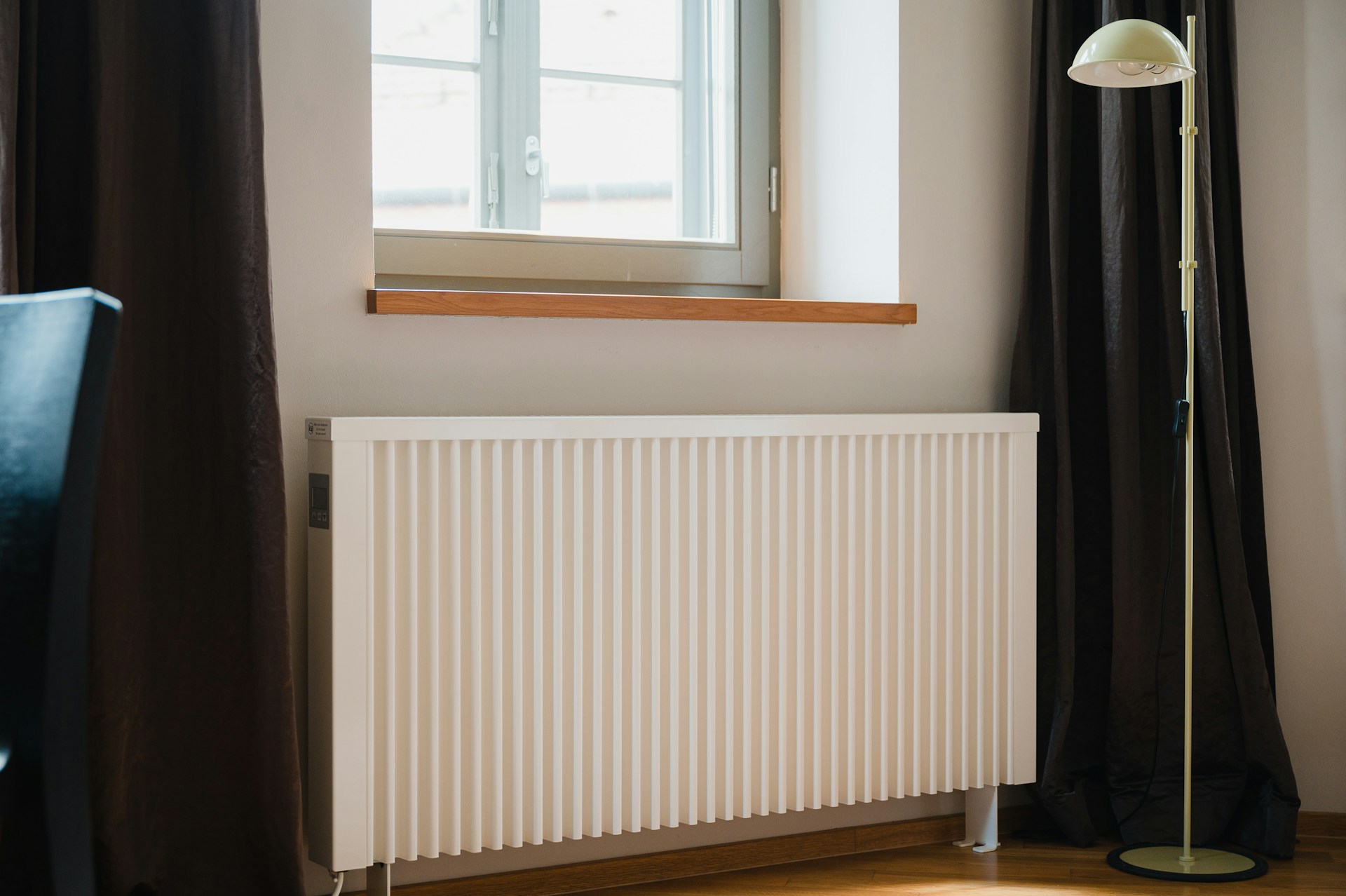
Now let’s discuss how to fix a heater in the house with some common fixes that will help you get back your heating system on track.
· Reset the System
Like a computer, your heating system can sometimes just need a restart to work properly again. Turn off your heater and the main power, wait a bit, then turn them back on. This can fix small problems like heat not working in the house by letting the system clear out anything that’s not working right and start fresh.
· Clean or Replace the Air Filters
Your heater’s air filters catch dust and dirt. If they get too dirty, air can’t flow well, making your heater work harder and less efficiently. Cleaning or changing these filters regularly helps your heater work better and can even save you money on energy bills.
· Check and Unblock Vents
If your home heater not working, make sure all the air vents in your home are open and nothing’s blocking them. Sometimes furniture or curtains can cover them without you noticing. Clear vents mean better airflow and more even heating in your rooms.
· Bleed Radiators (For Hydronic Systems)
If you have radiators, air can get trapped inside and stop the hot water from filling every part of them. This means they won’t heat up properly. Letting the air out, or ‘bleeding’ the radiators, can fix this and make sure they’re heating your rooms as they should.
· Inspect and Clean Ductwork
For heaters that blow air through ducts, these ducts must be clean and not leaking. If they’re dirty or leaking air, your heater has to work harder to heat your home. Checking and fixing these can make your heater run better.
· Adjust or Replace Thermostat
Sometimes the problem is with the thermostat, the device that controls the temperature. If it’s not working right, your heater might not turn on when it should and you will face heat not coming on issue. So, make sure it’s set correctly, and if it’s old or broken, replacing it with a new thermostat can really help.
· Lubricate Moving Parts
Parts inside your heater that move, like fans or motors, sometimes need oil to work smoothly. Without it, they might not work well or could even get damaged. Putting a bit of lubricant on these parts can keep your heater running quietly and efficiently.
· Check the Pilot Light or Ignition System
For gas heaters, you need a small flame called a pilot light or an electronic system to start the heat. If these aren’t working, your heater won’t start. Make sure the pilot light is on or that the ignition system doesn’t need a reset or a fix from a pro.
· Flush the System (For Boiler Systems)
Over time, stuff like dirt or rust can build up in your boiler or radiators, making your heater less efficient. It can also lead to water heater not getting hot issue. Getting rid of this buildup by flushing out the system can help your heater work better and last longer.
· Professional Maintenance
Even if you do regular checks and fixes, sometimes you need a pro to look at your heater. They can find and fix problems you might not notice and make sure your heater is safe and working its best. Regular check-ups can keep your heater in good shape for years.
Each of these steps can help ensure your heating system works well and keeps your home cozy. If you are not comfortable doing any of these fixes yourself, it’s always best to call a professional heating repair in Belle Chasse. Regular care and maintenance can prevent big problems and keep your heating system running smoothly.
So, that was our essential guide to residential heater fixes. We hope that you found our article informative and helpful.
Looking For a Professional Heating Repair in Belle Chasse?
Optimum Air Solutions Is Here For You!
So, you tried every tip from our guide regarding residential heater fixes and nothing worked? If you are in Belle Chasse and your heating system is not working, finding a reliable professional for repairs is crucial, especially during the colder months. We understand the importance of a warm, comfortable home, and that’s why we are here for you. Our team of skilled technicians is well-equipped to handle all your heating repair needs.
Whether it’s a minor fix or a major, our professionals have the expertise and experience to diagnose the problem accurately and provide effective solutions. We value your time and comfort, so we ensure prompt and efficient home heating repair service to get your heating system up and running as quickly as possible.
Get in Touch with Us and Let Us Handle Your Home Heating System!
continue reading
Related Posts
“If you think nobody cares about your air quality, try
Nothing kills comfort faster than walking from your cozy living
“Comfort is the quiet hero of any home.” Heating and

